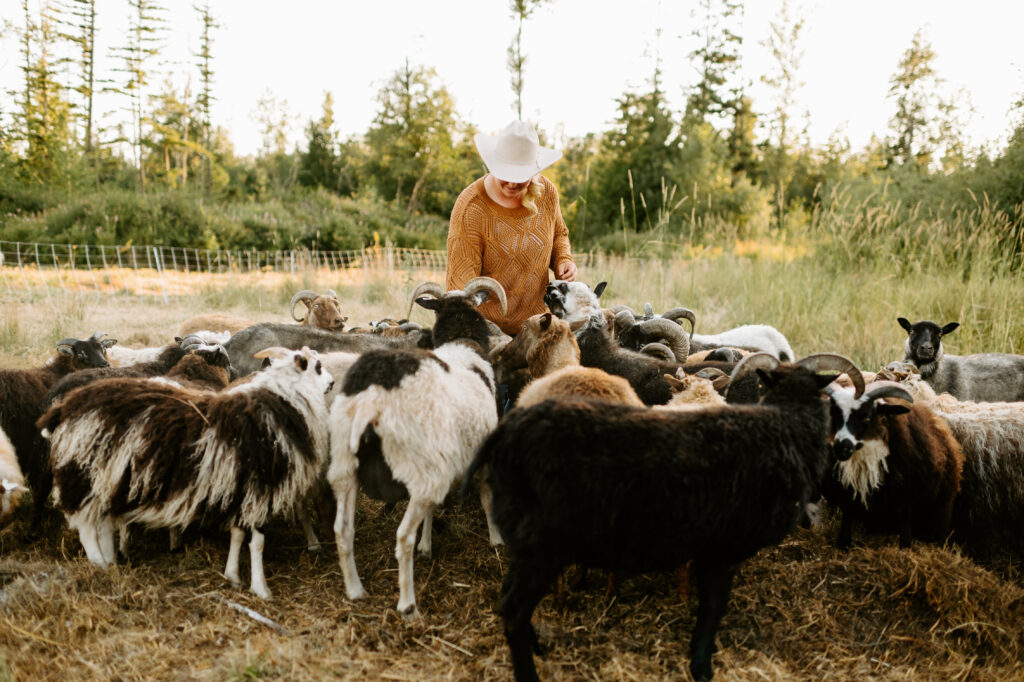
When you hear the words “certified organic” what comes to your mind? I think for many folks they picture hand picked produce and livestock grazing acres of green rolling pastures. They picture ecological synergy and conservation. Unfortunately, this is a romanticized version of what it means to be certified organic and for many small farms it’s simply not a feasible, or necessary, aspiration.
In reality, the USDA certification process is a long and arduous one. For example, if we wanted to transition our “conventional” farm into one that was organic we would have to wait three full years and show organic operations during that entire time (and implement all the complex bookkeeping, pay all applicable fees etc) without even getting to use the certified organic label. Speaking of bookkeeping, certified organic farms are required to maintain thorough paperwork on their operations and these are looked over by the USDA once a year. And when I say thorough, I mean thorough. Soil tests, projected yields, field notes, the list goes on and on and to keep up with it all it’s even recommended that farmers allot time each day to organize and maintain said paperwork. With a small operation like ours this would be nearly impossible. Furthermore, every aspect of your practices has to be organic, from the feed to the seeds, to the slaughter and butchery – yes, those need to be certified organic too. Finding a USDA butchery was enough of a challenge for us let alone one that was organic!
Another huge deterrent is the cost. On average it costs about $1,000 a year for a farm to uphold their USDA certification. That might not sound like a lot, however because we are nimble and do our very best not to pass on any extra costs to you, this would severely affect our bottom line. Pair that with absorbing the costs of all the feed cost increases and the time it takes to receive certification (5 years of practicing organic before we receive the label) it all seems so much more costly for a stamp.
Years ago it seemed like being certified organic was the pinnacle of achievement as a farmer and for a while I felt like it was the best way to communicate the practices we used and the ideology we had. Outside of the USDA organic certification there are other options, including something called the Certified Naturally Grown program. It utilizes a peer-to-peer inspection method and gets rid of some of the complex and often confusing aspects, which works well for many small operations. But even so, we had a realization.
We quickly realized that we could be all of what it entailed to be a certified organic farm without needing the literal stamp of approval. We continue to prioritize transparency in our practices, humane handling of our animals, and a strict adherence to leaving this land better than we found it. And that’s good enough for us.
Good morning!
I am a retired Navy veteran currently developing a business in the agricultural sector. One of my ideas is to take on the organic certification and record keeping burdens for farmers. As I develop the business idea, it’s important to me to get to know the heart of the struggles farmers face in entering the USDA certified organic market. Maybe I can even incorporate the Certified Naturally Grown program into my business plan. Many small farmers that I’ve had the privilege to meet echo your sentiment.
Are there any other reasons you wouldn’t transition to USDA certified organic other than the ones you’ve already mentioned?
What can a record keeping and certification company do for you as a small farmer?
What hurdles do you face that I can develop business to help you overcome?
Best regards,
Alex Hoegg
808-205-8291